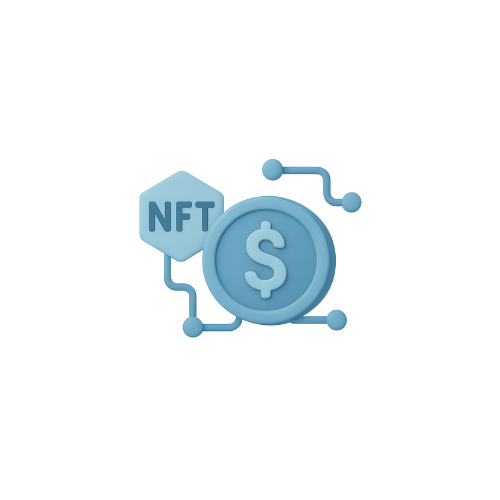 QED
QED
 English
English

 All Blogs
All Blogs

Tokenized Assets: Redefining Ownership and Investment in the Digital Era
The financial world is undergoing a seismic transformation, powered by blockchain technology. At the center of this revolution are tokenized assets, which are reshaping how people own, trade, and invest in everything from real estate to fine art. What once required large capital, intermediaries, and time-consuming processes can now be done digitally with unprecedented speed and transparency.
According to a report by Boston Consulting Group (BCG), the market for tokenized assets is expected to reach $16 trillion by 2030, representing nearly 10% of the global GDP. These numbers make one thing clear: tokenization is not just a passing trend—it is the future of ownership.
Tokenized assets are real-world assets—like property, stocks, bonds, art, or commodities—converted into digital tokens on a blockchain. Each token represents a fraction of ownership, making assets more accessible and divisible.
For example, imagine a $1 million apartment in New York. Traditionally, buying it would require one buyer or a small group of investors. With tokenization, the property can be divided into 10,000 digital tokens, each worth $100. This allows thousands of investors from across the globe to buy and trade fractions of the property, opening up access to wealth-building opportunities.
The concept of tokenized assets matters because it solves many long-standing problems in traditional finance:
Among the innovators leading this revolution, Qed Vault is building solutions that empower
investors and
businesses to participate in the token economy securely. By leveraging blockchain’s transparency and
immutability, Qed Vault enables asset owners to tokenize their holdings, while providing investors with
seamless tools to verify and trade their digital shares.
For instance, a startup using Qed Vault’s platform could tokenize its equity shares, allowing global
investors to participate in its growth. Every transaction would be secure, transparent, and verifiable,
ensuring trust between businesses and their backers.
For everyday investors, tokenized assets present opportunities previously unimaginable:
A survey by Deloitte revealed that 76% of global financial executives believe digital assets will serve as a strong alternative to traditional financial systems. This confidence underscores the importance of tokenization as a mainstream financial innovation.
While the promise is huge, the adoption of tokenized assets is not without hurdles:
Despite these hurdles, governments and regulators are actively working on frameworks to govern tokenized markets. The European Union’s Markets in Crypto-Assets Regulation (MiCA) is one such step toward standardizing digital asset rules.
Industries across the globe are embracing tokenization at different scales:
According to World Economic Forum, by 2030, 10% of global GDP will be stored and transacted through blockchain technology. This prediction aligns with the explosive growth of tokenization.
The future of tokenized assets looks promising as technologies mature and regulations catch up. With blockchain adoption growing, tokenization is likely to become a standard for ownership and investment. Artificial intelligence and smart contracts will enhance these systems further, enabling real-time settlements, fraud detection, and personalized investment opportunities.
Companies like Qed Vault are ensuring that tokenization not only creates efficiency but also builds trust and accessibility for everyone. By combining blockchain security with consumer-friendly platforms, they are paving the way for a more inclusive financial ecosystem.
In an era defined by digital transformation, tokenized assets represent a monumental shift in how we perceive and manage ownership. They open up markets, increase liquidity, and democratize access to investments once reserved for the elite.
While challenges such as regulation and trust remain, the trajectory is clear: tokenization will play a critical role in the future of finance. Companies like Qed Vault are proving that tokenization is more than a buzzword—it is the foundation of a secure, transparent, and inclusive global economy.
For investors, businesses, and consumers alike,tokenized assets are not just the future—they are the present. The time to embrace them is now.
Start with a free trial and redefine trust with the digital product passport